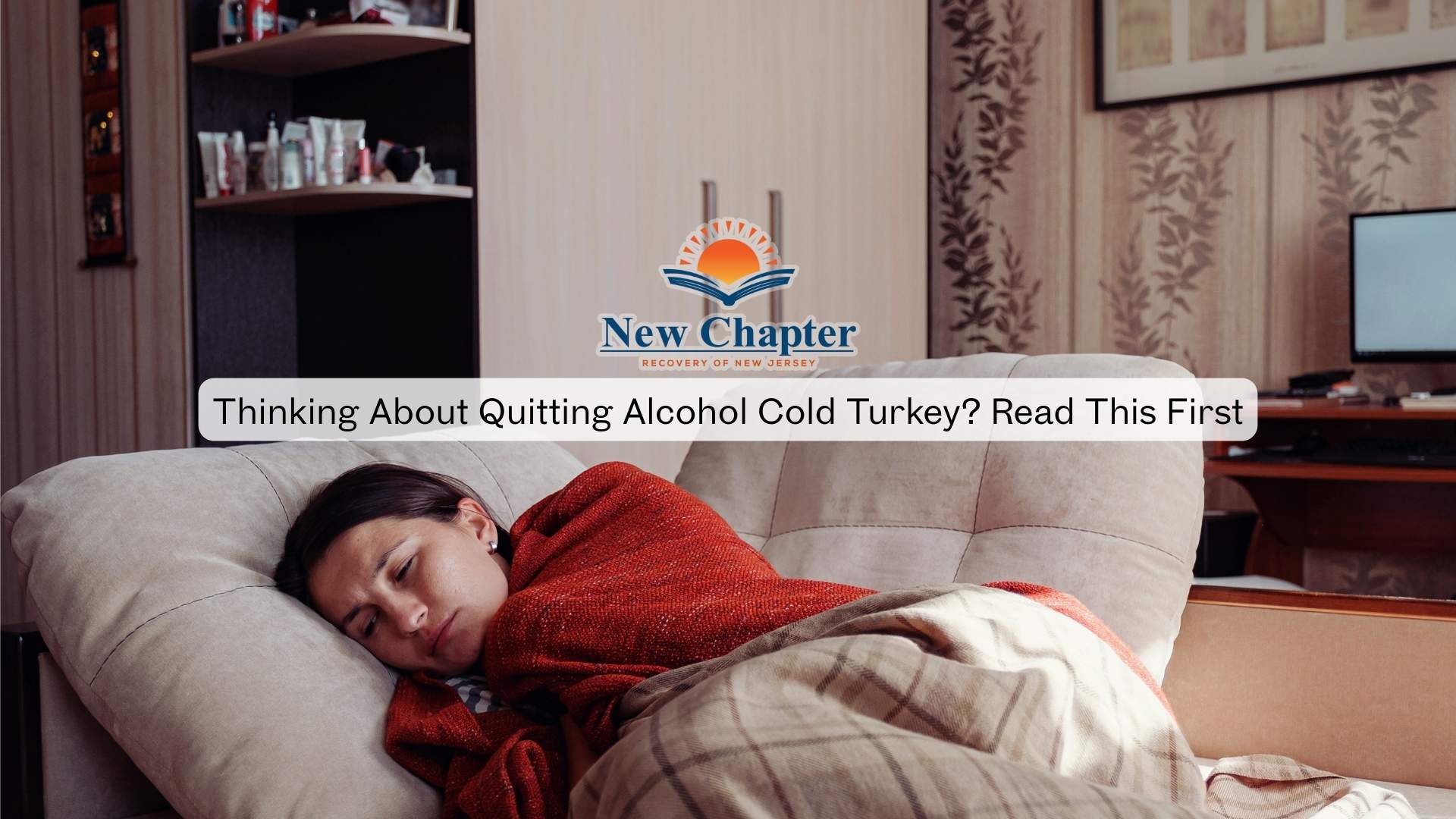Addiction recovery often requires tools that help individuals recognize their needs before they become overwhelming. One of the most effective tools is the HALT method, a framework used to prevent relapse by encouraging people to pause and check in with themselves.
In this article, we will discuss what HALT stands for and why it plays an important role in recovery from substance use. We will examine how hunger, anger, loneliness, and tiredness can serve as common triggers for relapse, explore ways to manage these states, and show how creating a personalized plan and practicing regular self-check-ins can support sobriety.

Table of Contents
ToggleUnderstanding the HALT Framework
The HALT framework is more than an acronym for hungry, angry, lonely, and tired; it is a practical tool used in addiction recovery to prevent relapse. The term HALT works as a signal to pause before making choices that could lead to poor decision-making or substance use. Addiction counselors and recovery communities often emphasize it because it helps individuals in recovery identify their emotional state and unmet needs before they become overwhelming. Serving as a reminder to slow down, the acronym helps people recognize when they are most vulnerable to relapse.
New Chapter Recovery, our comprehensive relapse prevention program in NJ incorporates the HALT method to help individuals build coping skills and emotional resilience, providing ongoing support to prevent relapse and maintain recovery success.
The Importance of Managing Hunger
When someone is feeling hungry, a drop in blood sugar can create irritability, cravings, and impulsive thoughts. Many people in recovery from substance use disorders may mistake this craving for an urge to use substances to alter their mood. Managing hunger goes beyond simply eating; it focuses on keeping blood sugar stable to prevent cravings that increase the risk of relapse. Proper nutrition, balanced meals, and self-care around food are essential for meeting basic needs and supporting long-term recovery.
Addressing Anger in Recovery
Unmanaged anger can lead to poor decision-making, strained relationships, and emotional instability that increases the urge to use substances.
The HALT method helps by prompting individuals to pause and acknowledge anger before it escalates into behavior that can lead to relapse. Addiction counselors often recommend coping strategies such as deep breathing, journaling, or reaching out to a support system to manage uncomfortable feelings.
Combating Loneliness and Building Connections
Loneliness is another major risk factor for addiction relapse. When individuals feel lonely or isolated, they may turn back to substance use to fill the emotional gap. A strong support system and a sense of belonging in the recovery community are essential for long-term recovery.
Many people in recovery rely on 12-step programs, rehab aftercare, or online recovery meetings to maintain connection. Reaching out for help, joining peer support groups, and building healthy relationships provide a buffer against the triggers for relapse. The HALT method reminds those battling substance abuse that if they feel lonely, they need to take steps to address it rather than withdrawing.
The Impact of Fatigue on Recovery
Fatigue impairs decision-making and emotional regulation, making individuals more vulnerable to cravings. A night’s sleep can make the difference between a clear mind and impulsive behavior that leads to relapse. Proper sleep hygiene can make recovery more sustainable by improving emotional well-being and stabilizing daily routines.
By recognizing when they are too tired, people with substance use disorders can use HALT to avoid poor decision-making and take steps toward self-care.

Creating a Personalized Plan
Treatment programs often encourage people in recovery to build a personal HALT plan that reflects their unique triggers and daily challenges.
For someone prone to skipping meals, the plan might focus on preparing balanced meals in advance and eating at regular intervals to maintain steady blood sugar levels.
Another person may prioritize managing anger by practicing stress-reduction techniques, setting healthy boundaries, or working with a therapist to handle conflict. Those who struggle with loneliness can benefit from joining a recovery group, reconnecting with family, or finding supportive communities that provide accountability and encouragement.
For individuals vulnerable to exhaustion, the plan may highlight sleep hygiene, balanced routines, and time management.
Strategies for Regular Self-Check-Ins
Incorporating simple, structured strategies can help individuals recognize triggers early and take healthy action before stress leads to relapse.
- Schedule daily check-ins. Set aside a few minutes at the same time each day, such as in the morning or before bed, to ask whether hunger, anger, loneliness, or tiredness is influencing your state of mind. Consistency strengthens self-awareness.
- Use reminders or journaling. Phone alerts or written reflections can reinforce the habit and make it easier to track patterns in mood, cravings, and triggers over time.
- Incorporate mindfulness. Practices such as meditation or breathing exercises create natural opportunities to slow down and notice subtle shifts in emotions.
- Share reflections with others. Discussing HALT check-ins with a sponsor, therapist, or support group builds accountability and provides constructive feedback.
Final Thoughts from New Chapter Recovery
The HALT method is a powerful tool in addiction recovery, helping individuals recognize when they are hungry, angry, lonely, or tired, key emotional states that can trigger relapse.
At New Chapter Recovery, we incorporate the HALT framework into our comprehensive relapse prevention program. Our holistic approach helps individuals address emotional needs, build strong support systems, and develop effective coping strategies, ensuring long-term stability. By integrating HALT with personalized care, we empower individuals to maintain lasting recovery and emotional resilience.






